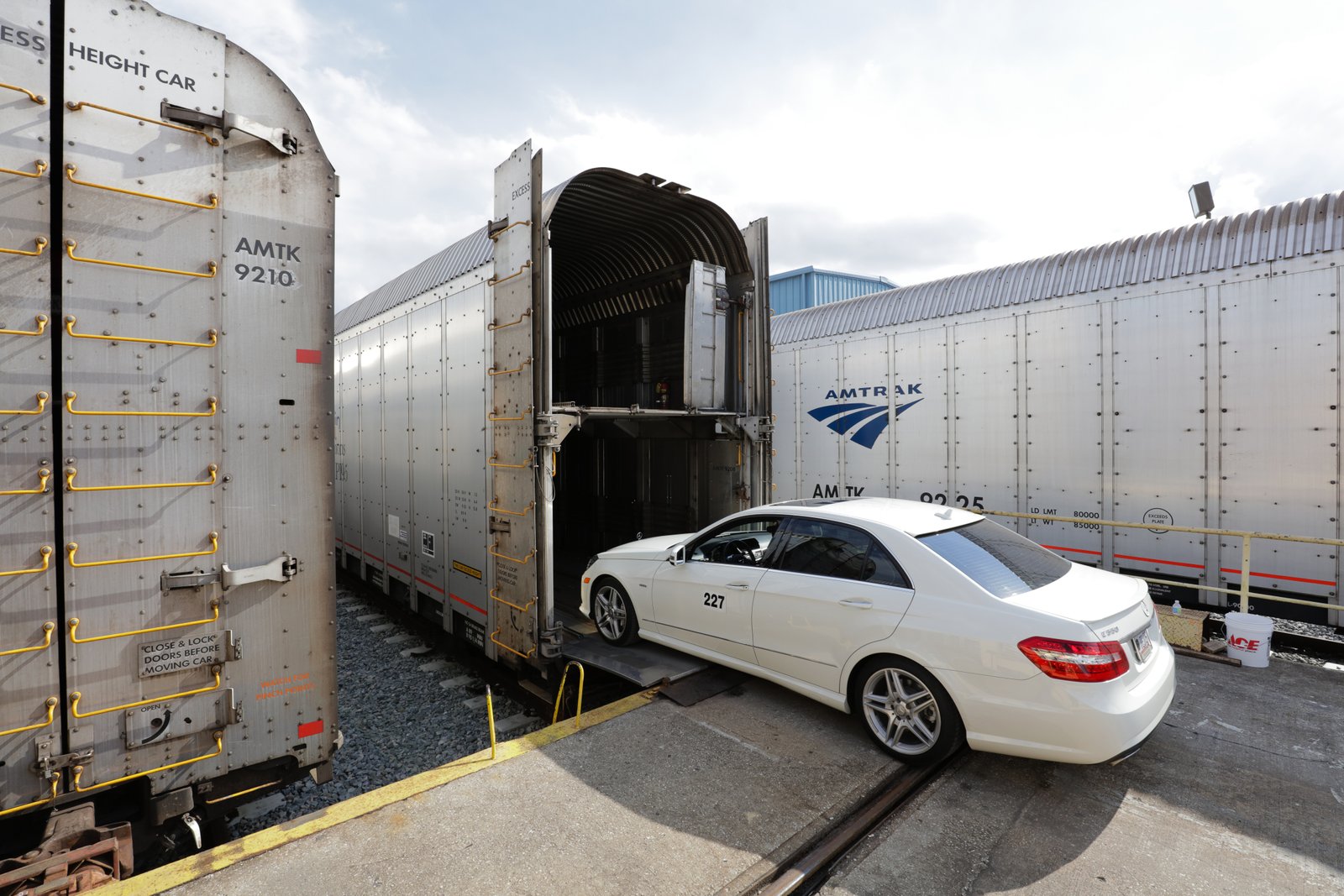After more than two years of strict travel restrictions, Spain has finally dropped all COVID–19 entry rules. It is one of the last European countries to do so.
Until the 21st of October, Spain was the only country that still had travel restrictions in place for non-EU travellers.
Since 21 October, both EU and non-EU citizens no longer have to show proof of vaccination, recovery or a negative COVID test to enter the country.
“Taking into account the evolution of the pandemic at a global level and the epidemiological situation, it is advisable to leave without effect the sanitary control measures for people from countries not belonging to the European Union or with the consideration of countries Schengen partners,” the Spanish Ministry of Health stated.
In September, Spain dropped all entry rules for anyone from the EU or Schengen area. However, UK, US and other tourists were still subject to travel restrictions. These restrictions were thought to last until mid-November, but they’ve been lifted earlier than expected.
Home to beautiful beaches, rich culture and delicious food, there are many reasons Spain was the second-most visited country pre-pandemic. Hopefully, with the drop in all entry requirements, it will return to that level again.
What Does This Mean for Tourism?

Despite its dependence on tourism, the eased restrictions have come at the end of Spain’s busiest tourism season: summer and early autumn.
Over 8.5 million international visitors travelled to Spain in September, an increase of over 87% compared to September 2019.
Travellers within the European Union have been able to travel freely to Spain for months. However, it’s been more than two and a half years since international arrivals were able to enter the country without health restrictions.
Due to the eased restrictions, allowing visitors from all around the world to travel to Spain, tourism numbers are set to rise over the next year.
Many other countries have dropped travel restrictions outside the European Union, including New Zealand, Australia and Canada.
What Hasn’t Changed?

Masks are no longer mandatory in the majority of settings, including bars, cafes, cinemas and museums.
However, masks are still required on public transport and in medical settings (hospitals, medical centres and nursing homes).
Domestic rules can vary from region to region, so it’s important to check the requirements for where you’re heading. The Spanish Tourist’s Board Travel Safe website is where you can find all the information.
If your Spanish holiday has been put on hold for two years because of the pandemic and the country’s restrictions, now’s the time to start planning your trip.
Whether you are keen to explore the streets of Madrid or relax on a beach in Menorca, Spain is ready to welcome you no matter where you’re coming from.














